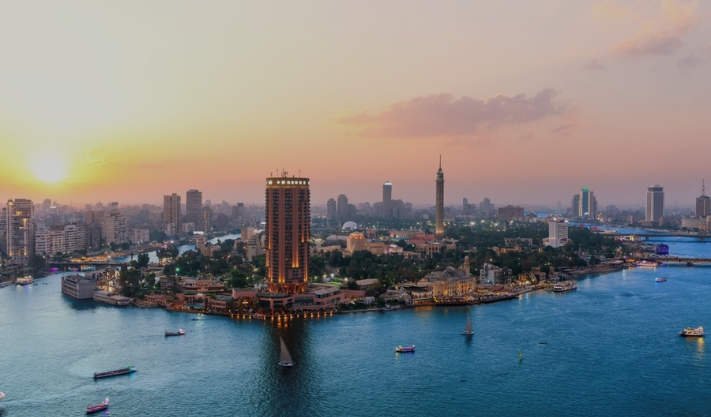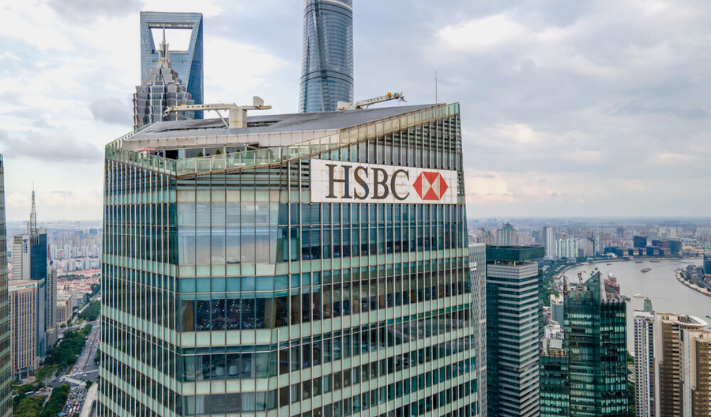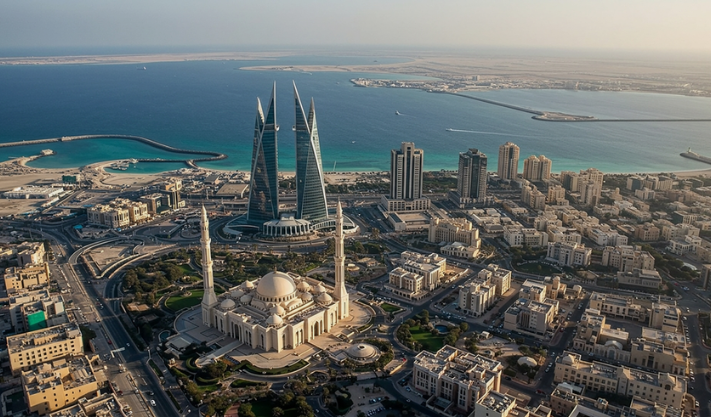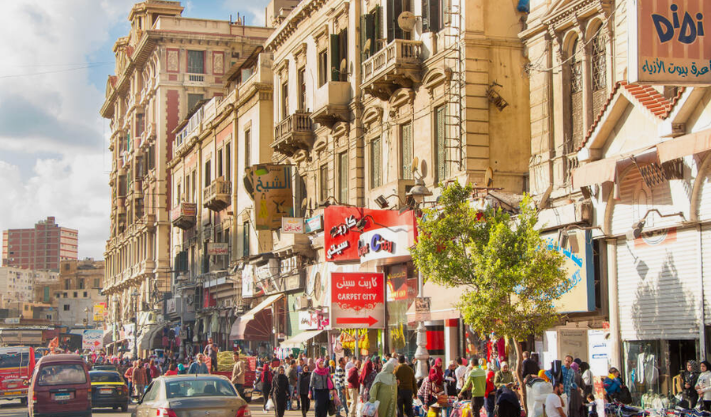Egypt’s Non-Oil Business Sector Shrinks Again in June, PMI Shows
Egypt’s non-oil private sector continued to slow down in June, marking the fourth month in a row of weaker business activity. This is based on data from the S&P Global Purchasing Managers’ Index (PMI), released on Sunday.
The main PMI score dropped to 48.8 in June, down from 49.5 in May. A score below 50 means business conditions are getting worse. The drop was caused by lower customer demand and a big cut in buying activity, which saw its biggest fall in 11 months.
David Owen, an economist at S&P Global, said that new orders and business output continued to decline, showing that the sector’s health is still weakening. Business expectations for the future were the lowest ever recorded, with companies worried about low demand and possible problems caused by global tensions.
Jobs in the sector also continued to fall for the fifth month, but only slightly. Business confidence also dropped, with companies unsure about future growth due to ongoing economic issues.
However, rising costs for materials and supplies slowed down, which helped reduce the increase in prices for products and gave some relief to businesses.
Signs of Growth Elsewhere in the Economy
Not everything was negative. Egypt’s Planning Ministry said the economy grew 4.8% in the third quarter of the 2024/25 fiscal year (July–June), up from 2.2% in the same period last year. This was helped by a strong recovery in manufacturing, which grew 16.3% after shrinking 3.9% the year before.
On the other hand, the oil and gas sector shrank by 10.4%. Revenue from the Suez Canal also dropped to $900 million in the fourth quarter, down from $1.1 billion a year earlier. Still, the 23.1% fall in canal activity was better than the 51.6% drop in the same period last year.
The International Monetary Fund (IMF) said it will combine its fifth and sixth reviews of Egypt’s reform program into one this fall. This gives Egypt more time to make important changes, especially to reduce the government’s control over the economy.
Inflation Update
Egypt’s annual urban inflation rose to 16.8% in May, up from 13.9% in April, beating expert forecasts. Core inflation, which excludes fuel and some food items, also went up to 13.1% in May from 10.4% in April.
Still, inflation is much lower than its peak of 38% in September 2023. This improvement was helped by an $8 billion financial support deal Egypt made with the IMF in March 2024.
Published: 7th July 2025
For more article like this please follow our social media Facebook, Linkedin & Instagram
Also Read:
Aramco to Sell Power Plants to Boost State Revenue
Abu Dhabi’s Economy Grows 3.4%, Hits $79B in Q1 2025
AD Ports, Zhejiang Seaport Plan China-Middle East Car Route





